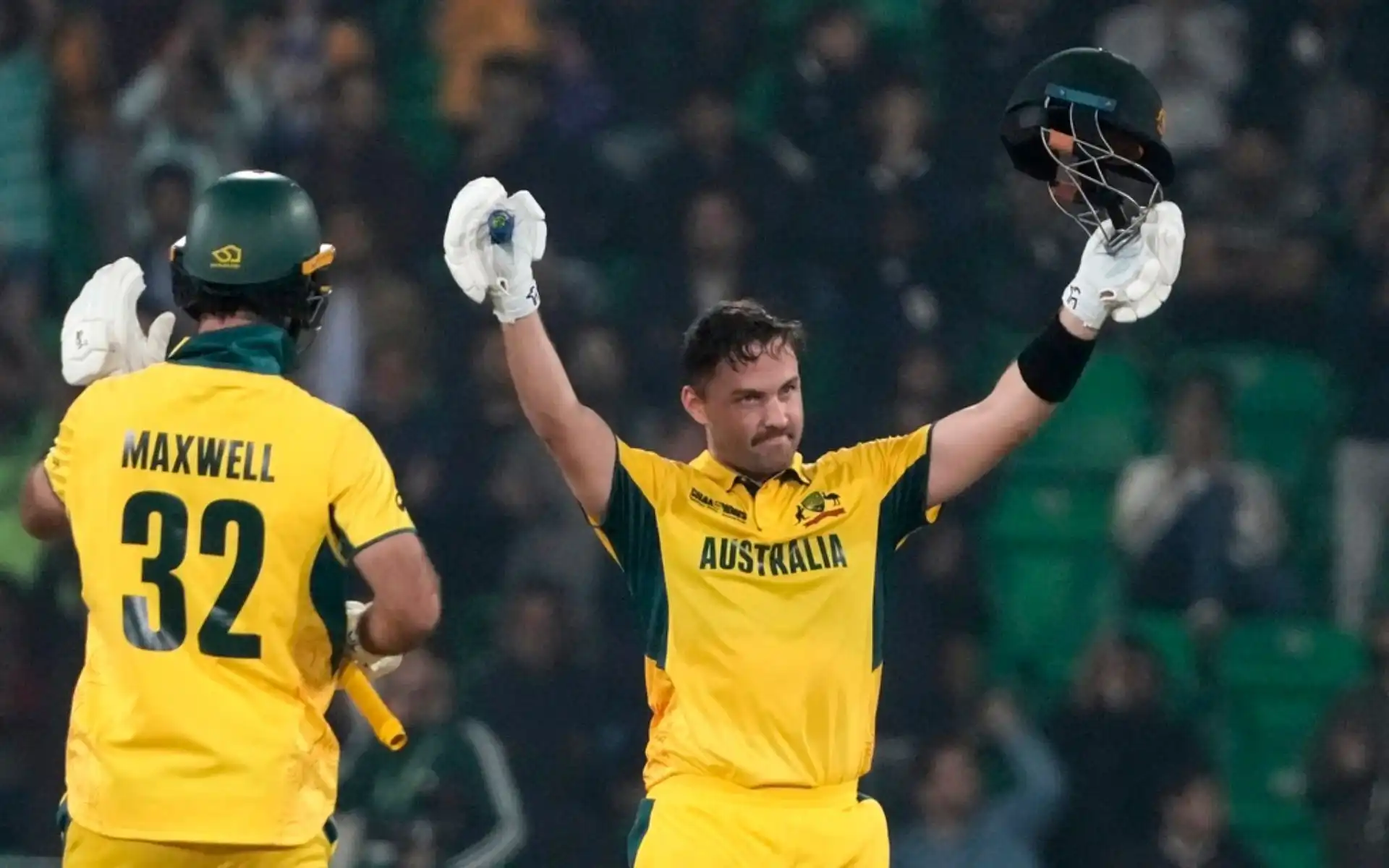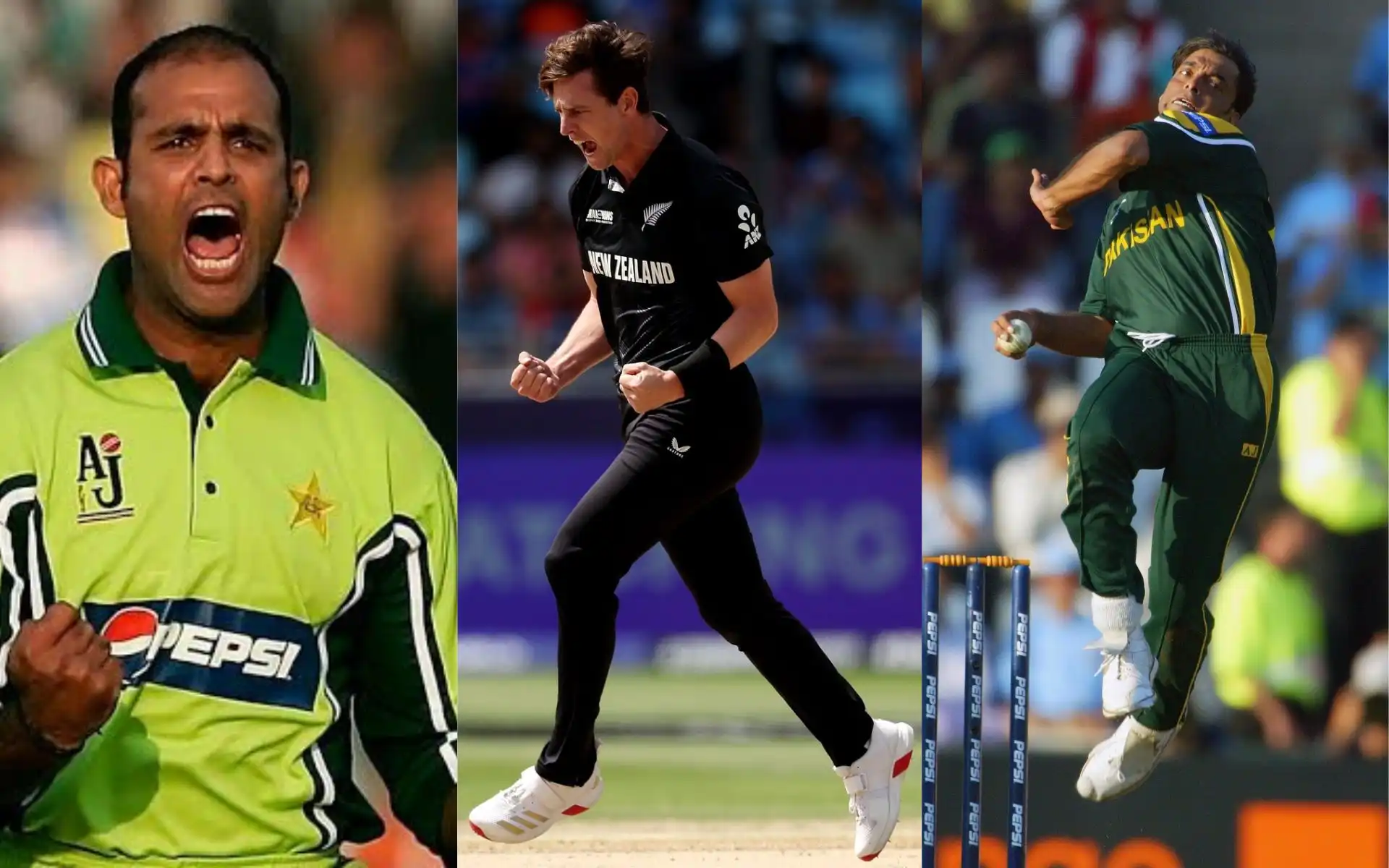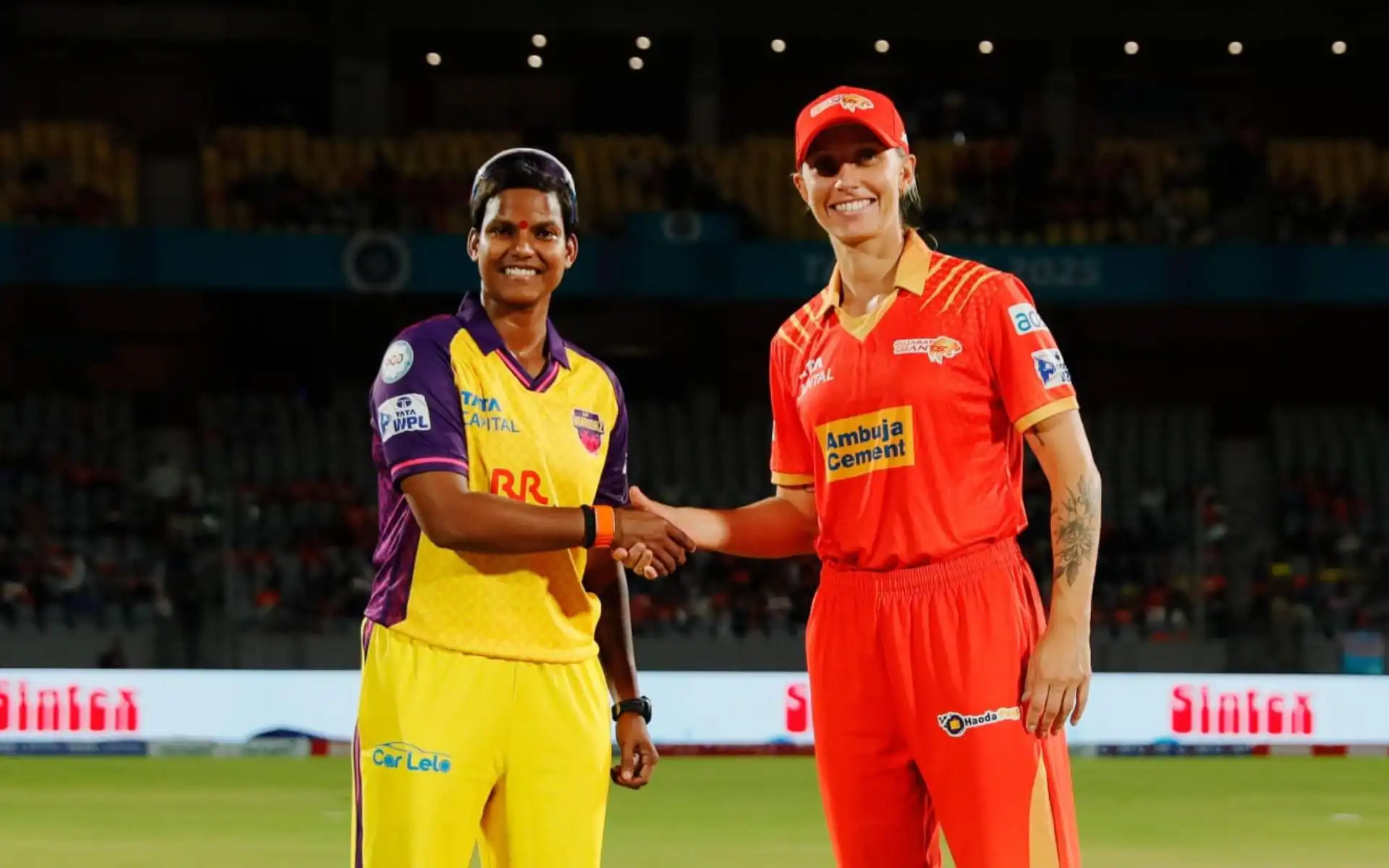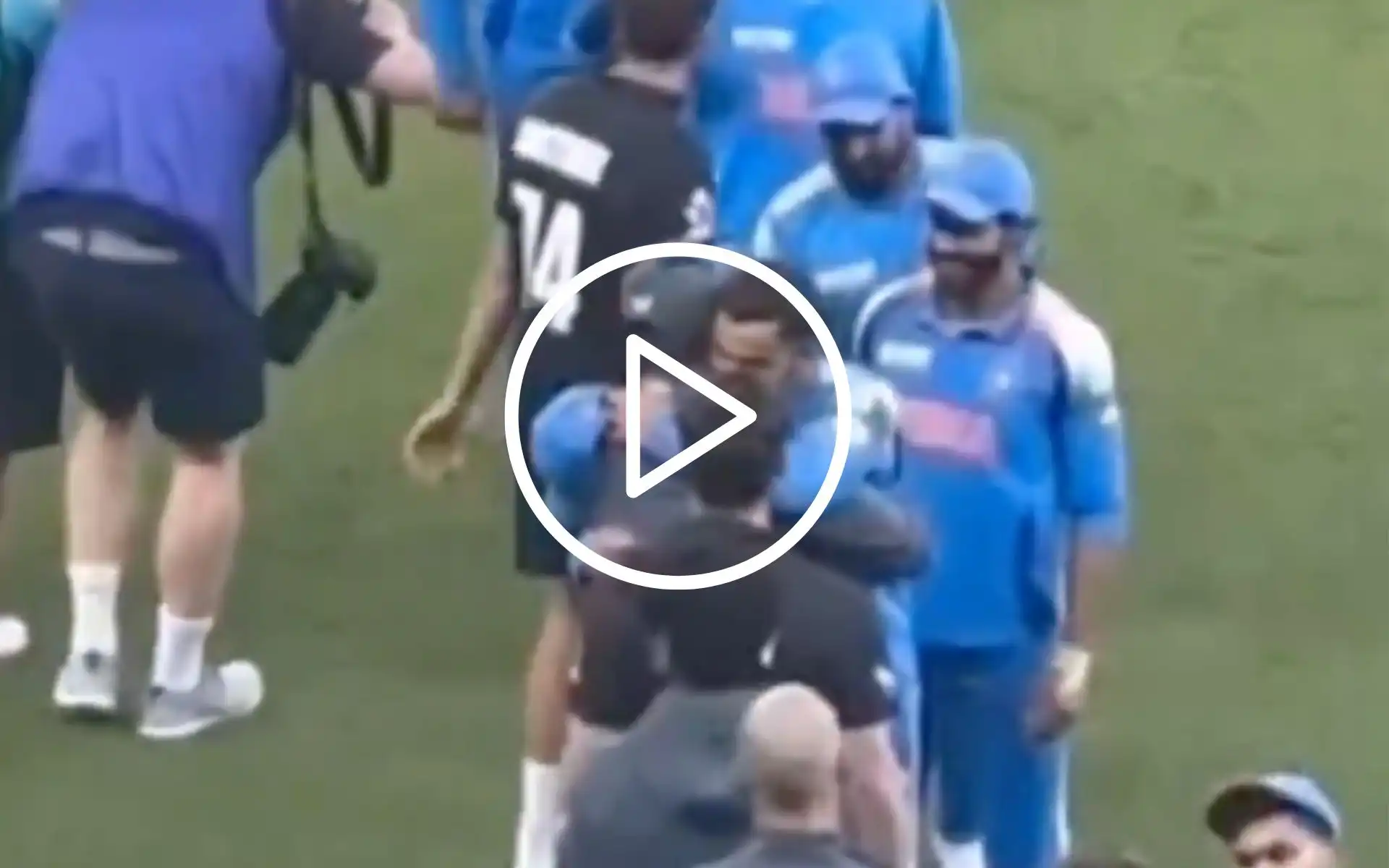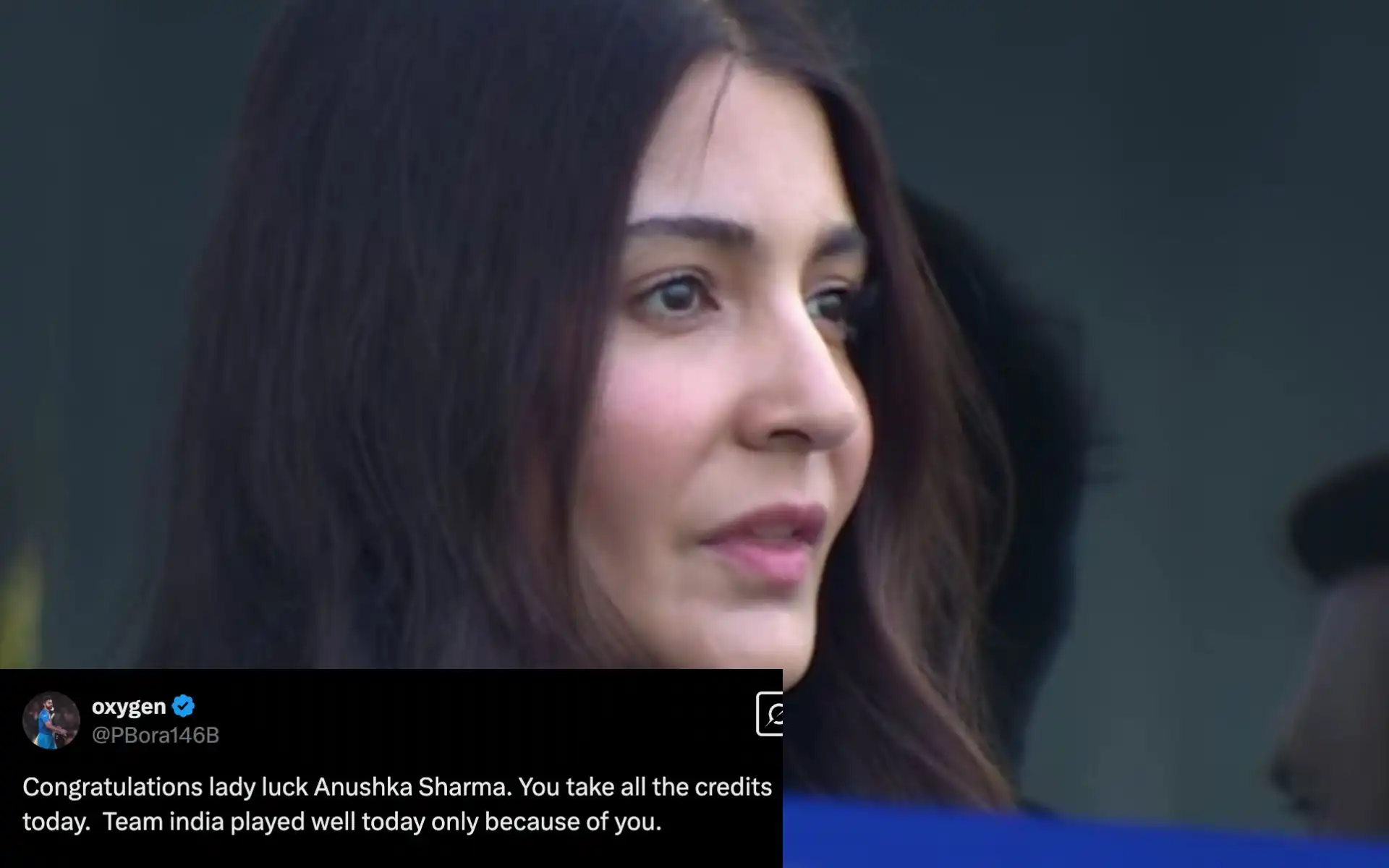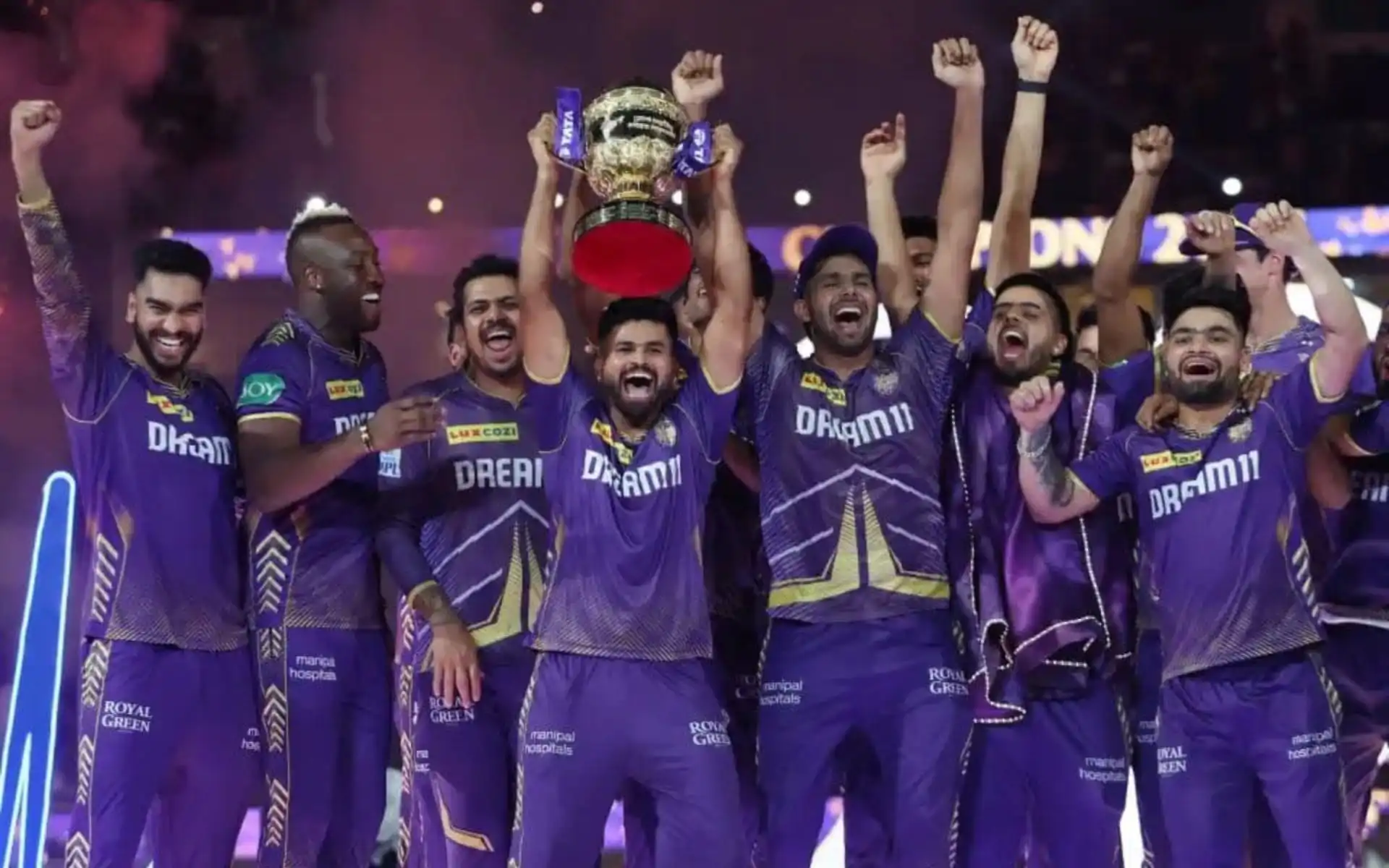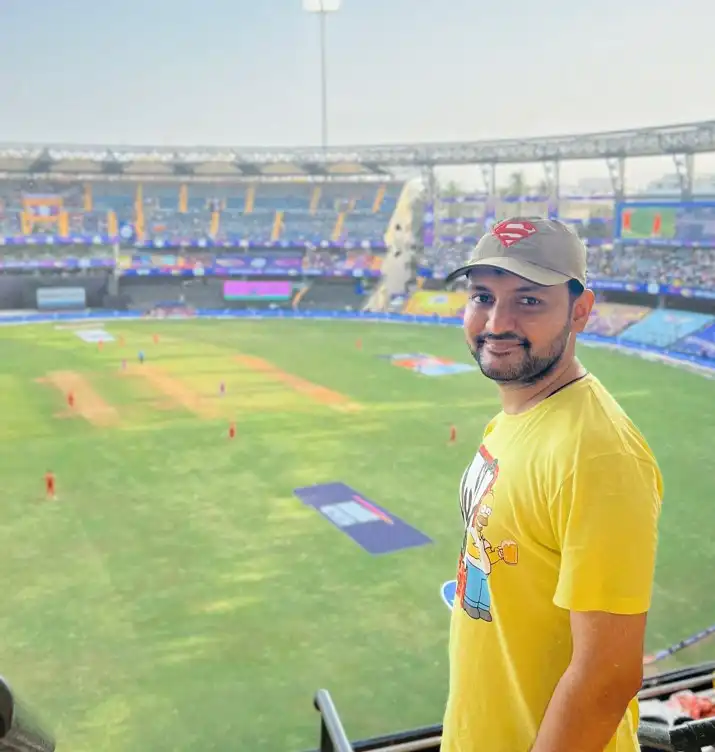![Best bowling figures on Champions Trophy debut [Source: @BCCI/x]](https://onecricketnews.akamaized.net/parth-editor/oc-dashboard/news-images-prod/1740937053616_india.jpg?type=hq) Best bowling figures on Champions Trophy debut [Source: @BCCI/x]
Best bowling figures on Champions Trophy debut [Source: @BCCI/x]
The ICC Champions Trophy, one of the marquee events in international cricket, has long been a stage where legends are forged. Such grand occasions often bring out the best in players, even those stepping onto the tournament’s battlefield for the first time.
Over the decades, several debutants have risen to the challenge, including bowlers, by delivering some sensational match-defining spells on their first outing in the Champions Trophy. Here we take a look at three of the best bowling figures ever recorded in the history of the tournament by debutants.
Best Figures on ICC Champions Trophy debut:
3. Mohammed Shami 5-53 vs Bangladesh, 2025
While senior fast bowler Mohammed Shami has been a part of India’s ODI set up since 2013, he made his Champions Trophy debut through his team’s opening match of the 2025 edition. Taking field at the Dubai International Stadium, the speedster wrecked Bangladesh’s top order and ran through their lower-order during his tight 10-over spell.
Shami struck in his opening over itself by getting rid of Bangladeshi opener Soumya Sarkar for a five-ball duck. He subsequently dismissed danger man Mehidy Hasan Miraz with the new ball, and picked up the 200th wicket of his ODI career later in the innings by getting Jaker Ali. The legendary Indian fast bowler further toppled Tanzim Hasan Sakib and Taskin Ahmed to pick up his sixth five-wicket haul in ODIs, finishing with astonishing figures of 5-53 from 10 overs.
At the time, Mohammed Shami’s spell marked the second-best performance by any bowler on ICC Champions Trophy debut.
2. Varun Chakaravarthy 5-42 vs New Zealand, 2025
Roughly a week after Mohammed Shami’s record spell against Bangladesh, Indian spinner Varun Chakravarthy picked up a match-winning five-wicket haul at an expense of just 42 runs against New Zealand at the same Dubai-based venue. Playing only the second ODI of his career, and his first in Champions Trophy, Chakravarthy spun a web around New Zealand batters as Team India claimed a clinical 44-run win.
Defending 250 runs for a victory, the 33-year-old seized India’s early advantage with the wicket of threatening New Zealand opener Will Young. Moreover, Varun Chakravarthy caught New Zealand all-rounders Glenn Phillips and Michael Bracewell plumb in front of stumps, knocked over captain Mitchell Santner, and had tailender Matt Henry caught out by Virat Kohli to pick up the first five-wicket haul of his ODI career.
Shortly after India’s win, the cricketer was also fittingly adjudged the ‘Player of the Match’ for his game-defining spell.
1. Josh Hazlewood 6-52 vs New Zealand, 2017
Australian pace demon Josh Hazlewood made a cut into his nation’s 2017 ICC Champions Trophy line-up after missing out from the 2013 edition of the tournament. Sharing the new ball with Mitchell Starc against Antipodean rivals New Zealand first-up in a Group A match at Edgbaston, Birmingham; Hazlewood picked up the early wicket of blistering opening batter Martin Guptill in the sixth over.
The Australian speedster picked up each of his subsequent five wickets during one of his return spells in the slog overs. Dismissing Neil Broom and James Neesham in quick succession, Hazlewood picked up another three wickets in the space of just four balls, which included the prized scalps of Kiwi tailenders Adam Milne, Mitchell Santner and Trent Boult to claim figures of 6-52 from nine overs.
The spell not only marked the best bowling figures of Josh Hazlewood’s ODI career, but it continues to remain only the second instance of a bowler picking up six wickets in an innings of a Champions Trophy game. Moreover, to this date, the spell remains the second-best bowling figures in a Champions Trophy innings, and the best ever in the history of the tournament by a debutant.
Unfortunately for Josh Hazlewood, rains spoiled Australia’s conquest, forcing match officials to call off the game.
